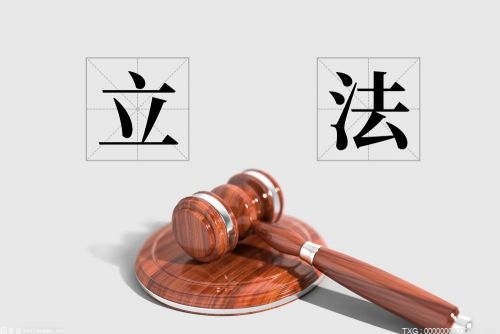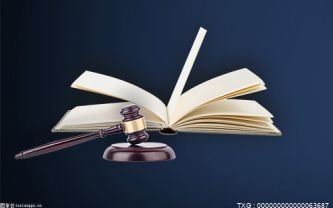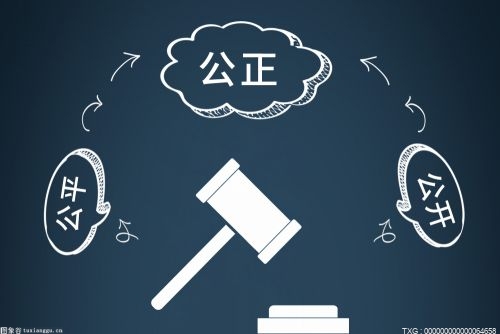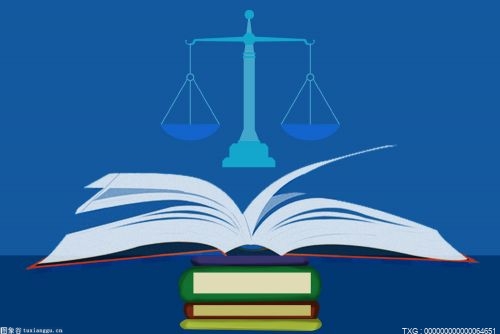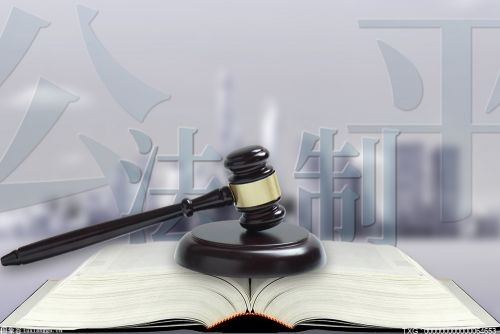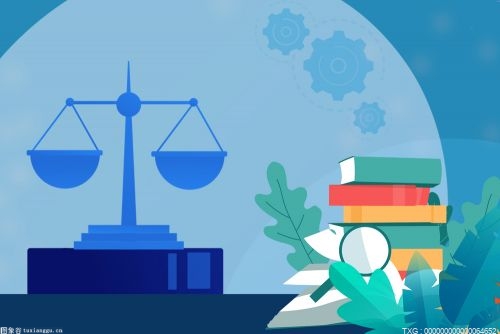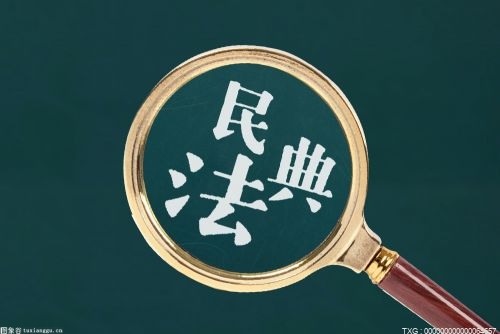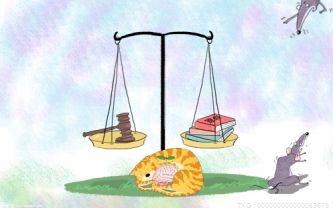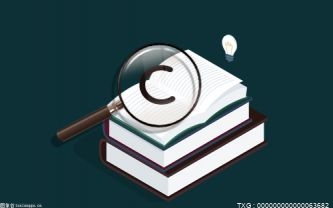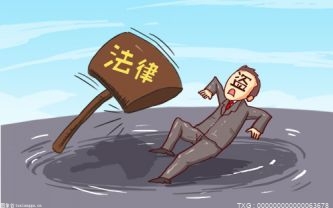 【资料图】
【资料图】
现如今大家都会选择在网络上汲取相关知识内容,比如*** 次数:9999999 已用完,请联系开发者***
william alfred quannigton,为了更好的解答大家的问题,小编也是翻阅整理了相应内容,下面就一起来看一下吧!
1、From Wikipedia, the free encyclopediaJump to: navigation, searchFor other persons named William Fowler, see William Fowler (disambiguation).Willie Fowler Born August 9, 1911Pittsburgh, Pennsylvania Died March 14, 1995Pasadena, California Doctoral advisor Charles Christian Lauritsen Influences Fred Hoyle Notable awards Nobel Prize for Physics (1983) William Alfred "Willie" Fowler (August 9, 1911 – March 14, 1995) was an American astrophysicist. He should not be confused with the British astronomer Alfred Fowler.Fowler was born in Pittsburgh, Pennsylvania. He graduated from the Ohio State University, where he was a member of the Tau Kappa Epsilon fraternity, and went on to receive a Ph.D. in nuclear physics at the California Institute of Technology. His seminal paper Synthesis of the Elements in Stars (Reviews of Modern Physics, vol. 29, Issue 4, pp. 547–650), coauthored with E. Margaret Burbidge, Geoffrey Burbidge, and Fred Hoyle, was published in 1957. The paper explained how the abundances of essentially all but the lightest chemical elements could be explained by the process of nucleosynthesis in stars.Fowler won the Henry Norris Russell Lectureship of the American Astronomical Society in 1963, the Eddington Medal in 1978, the Bruce Medal in 1979, and the Nobel Prize for Physics in 1983 for his theoretical and experimental studies of the nuclear reactions of importance in the formation of the chemical elements in the universe (shared with Subrahmanyan Chandrasekhar). He died in Pasadena, California。

